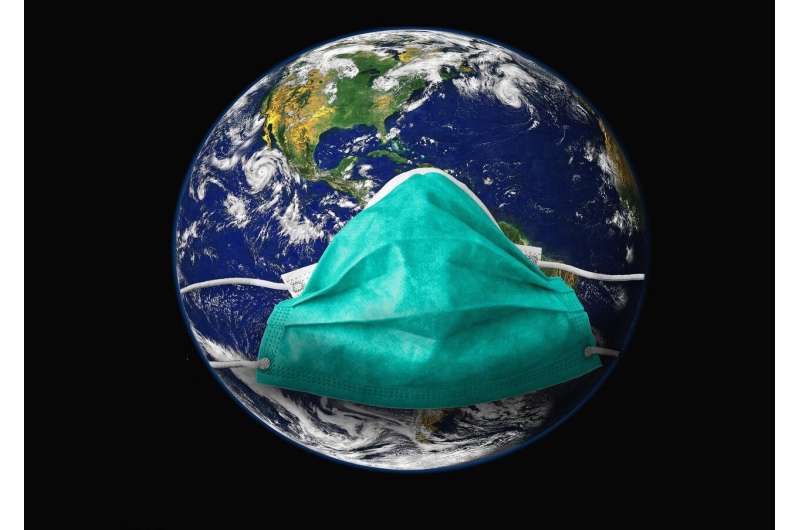A global agreement to end disruption of coronavirus medical supplies

An international agreement on vital medical goods that keeps import restrictions low and constrains the use of export bans could help ensure all countries have sufficient supplies for the fight against Coronavirus, a new policy paper proposes.
A global bargain where exporting nations give assurances medical supplies will not be cut off arbitrarily and importing governments agree not to re-introduce their import restrictions would remove disruption and uncertainty around the availability life-saving goods, according to the proposal by academics at the UK Trade Policy Observatory (UKTPO) and Global Trade Alert.
Professor L Alan Winters of the University of Sussex and Professor Simon Evenett of the University of St. Gallen propose a global agreement where exporters of medical products would accept qualified rights to introduce temporary export curbs on shipments abroad for a fixed time in return for importers agreeing to keep their import barriers down after the COVID-19 crisis has eased. The agreement involves each party relinquishing some discretion in return for greater security of supply and/or greater market access.
The proposed collaborative approach would benefit both net exporters of medical supplies by generating a commercial edge for their businesses while providing greater reassurance on the reliability of supplies to nations reliant on foreign deliveries, the new briefing paper explains.
The authors believe the proposals would help curb the worst practices in the global scramble for sufficient medical supplies which has led to rising prices, accusations of piracy and export bans which have disrupted countries' public health plans and put lives at risk. At least 75 governments have restricted exports of medical supplies and medicines during the Coronavirus crisis.
The authors hope the understanding could form the basis of a subsequent legally binding WTO agreement on trade in medical products and medicines once the pandemic crisis has abated. The proposal could also be extended to other vital goods including food if governments wished, but that is not the current priority.
Prof Winters, UKTPO director and Professor of Economics at the University of Sussex Business School, said: "The challenge to ensure sufficient medical supplies around the world to combat Coronavirus has so far been met by some very discouraging acts of disjointed and unilateral trade policy. These have undoubtedly cost money and lives.
"It doesn't have to be this way. Within this challenge an opportunity has arisen that trade policymakers should grasp that will benefit both exporting and importing nations of medical supplies.
"The bargain significantly reduces the uncertainty faced by both manufacturers of medical supplies and medicines and by buyers, both public and private. Reduced uncertainty encourages investment and greater supply of vital medical supplies."
Prof Evenett, coordinator of the Global Trade Alert and Professor of International Trade and Economic Development at the University of St. Gallen, said: "Given the sensitive nature of the products involved, a zero-for-zero tariff deal will not be sufficient. Importers are much less likely to put their trust in overseas sourcing of life-preserving goods if there is a significant risk of disruption created by export restrictions. A new deal—a new basis for reciprocity—is required.
"This opportunity should be seized before governments that have temporarily liberalised their import regimes to medical products get frustrated with the paucity of available supplies and reverse their reforms. This appeal of the bargain will rise as more net exporters of medical kit and medicines put the worst of the first wave of the COVID-pandemic behind them."
Provided by University of Sussex



















